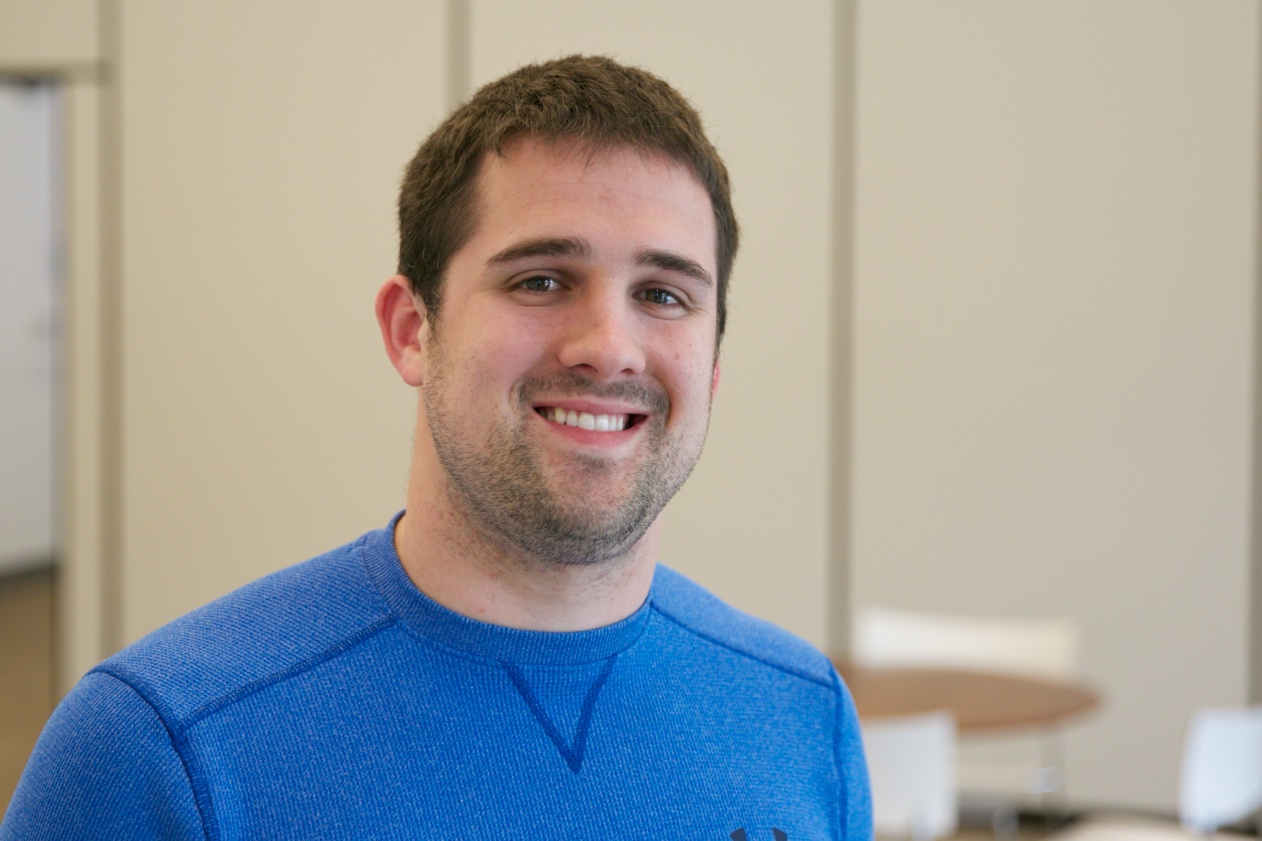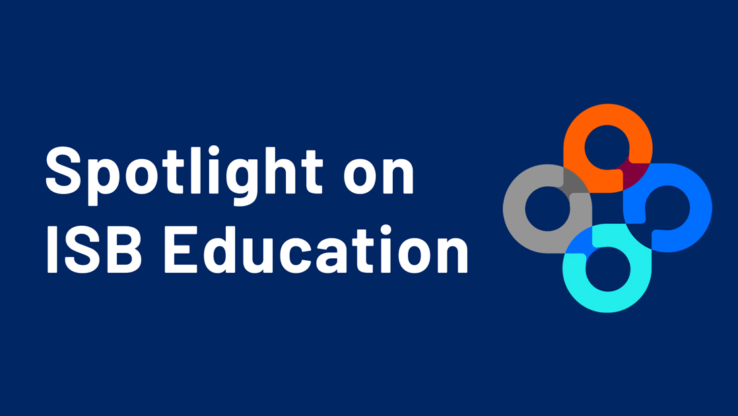ISB’s Impact on College Science Courses
 isbscience.org/news/2015/04/21/isbs-impact-on-college-science-courses/
isbscience.org/news/2015/04/21/isbs-impact-on-college-science-courses/
By Dana Riley Black
Director for Logan Center for Education
Recognizing that systems biology has fostered a paradigm shift in the practice of biology, ISB has interest in supporting educators in advancing science-related course offerings to better reflect contemporary practices of biology. With leadership from ISB’s Logan Center for Education, ISB educators and scientists have collaborated with Washington’s State Board for Community and Technical Colleges to offer faculty development for instructors of undergraduate biology. To-date, the partnership has hosted four workshops (and will host another in May) for upwards of 100 faculty members representing nearly all of the state’s 34 community and technical colleges.
Lucas Myers is a Biology Instructor at Lower Columbia College located in Longview, Washington. Lucas has been a participant in three faculty development experiences, and as a result, has made changes to his General Biology course.
Related Story: Shifting the Education Paradigm
Q: Describe the Biology 160 student population.
A: The student population has mainly consisted of allied health students as it is a prerequisite to the Human Anatomy/Physiology course. In the last year or so, we have gained enrollment in this course due to an increase in non-science majors or allied health students taking this course as their natural science with a lab requirement.
Q: What made you attend the November faculty development workshop?
A: After attending the first workshop in May 2014, I was very intrigued and excited about the partnership with ISB. But I was not quite sure how this fit into my current courses and teaching practices. I chose to come again in November, because I enjoy an opportunity to learn from others in the field of science whether it be research or education. I was excited to try and develop a lesson that could be put into my biology course and see actual data sets that are accessible and user-friendly.
Q: What about the workshops caused you to want to shift your teaching of Biology 160?
A: I was excited about the possibilities of using the cancer and genomic data sets presented by ISB Research Scientist Brady Bernard. I was not sure I really understood cancer enough to use the data sets yet, but understood cancer enough to know that it would be a great starting point to redesign my cell biology course to teach the cell components and functions through the lens of cancer. I embarked on the experience of learning more about the biology of cancer and during the winter quarter of 2015 I taught my Biology 160 course through the lens of cancer. I saw the future of education within the message that ISB was delivering. I wanted to create students who investigated and applied material, rather than just memorized it. I want them to know how to find, understand and articulate the information rather than succeed in standardized exams. There is more growth, learning and confidence building that occurs in students when they are given the opportunity to learn through an inquiry and applied approach.
Q: What changes did you make to Biology 160?
A: In addition to utilizing the lens of cancer, I threw out the linear approach to teaching concepts and created concept maps for three different exams that we would be taking. Many times the material overlapped, but each time we were looking at it from a different angle or perspective and learning more about that specific concept. I also grouped students into teams that researched a specific cancer type and created a web page during the quarter that contained information on the cancer as it directly pertained to the material covered in the course.
Q: What impact did these changes have on your students’ learning?
A: Students took three take-home exams that were applied and research-based. They were to complete five of 10 essay questions over the course of five hours. In addition, students took a pre-test and a cumulative assessment. The average pre-test score was near 50 percent and the average on the cumulative was near 70 percent. Normally, students do not perform that well on cumulative exams.

ISB bioinformatics scientist Varsha Dhankani, right, works with a faculty member attending one of the Logan Center’s workshops for undergraduate biology instructors.
This is one of those incidents where data did show the impact, but there was a much larger impact that is more difficult to show in data. There are many students who struggle on traditional exams and in traditional courses and therefore end up dropping the course. I had numerous students this past quarter that may have had low exam scores on the research and essay exams early in the quarter but slowly improved. When they took the cumulative, they did very well.
These type of results showed that teaching the biology material through the cancer lens and providing an avenue for the inquiry-based learning allowed the students to develop a better understanding of the material. Their biology skills, by the end of the quarter, met the course competencies. I was also amazed by the ability of students to understand graduate-level biology material in a 100-level course as well as the thirst to understand material that wasn’t even necessary for the course. Students can outperform our expectations if we give them the avenue, confidence and be there to assist in their journey. I will continue to avoid handcuffing my students and allowing them to prepare themselves for a career outside of the classroom.
Q: What do you conceive as next steps for your Biology 160 course?
A: I will be continuing to teach the course in the same manner. After the most recent workshop in March and having the opportunity to look at cancer data sets with Brady Bernard, I feel comfortable in using the data sets in the classroom. I will be developing lesson plans for both online and in-classroom work around specific data sets, having students learn about a specific protein or gene and then researching data connected to that gene or protein in order to have the students make connections or draw conclusions from their research.







